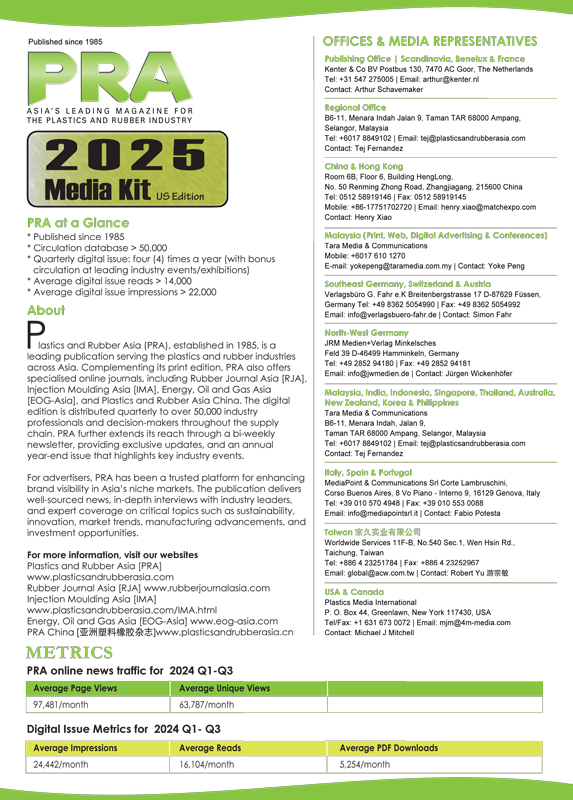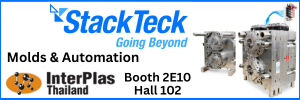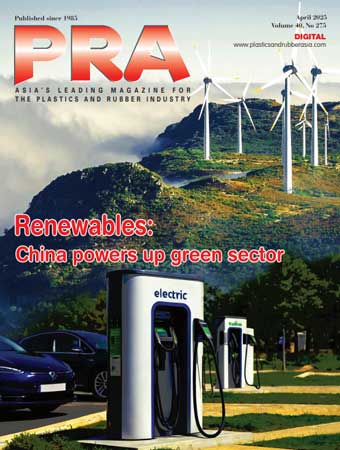Expansions: Ineos Antwerp cracker on track with 70% completion; BASF starts up black mass battery recycling plant in Germany
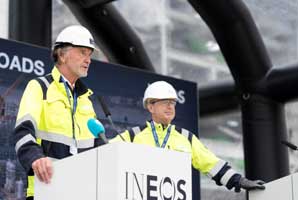
Chemical firm Ineos recently provided an update on its EUR4 billion Project One site in Antwerp, during a visit by Belgian Prime Minister Bart De Wever to the cracker hosted by Ineos Founder/Chairman Sir Jim Ratcliffe, together with co-owners Andy Currie and John Reece. Said to be the largest investment in the European chemical sector. Initial commissioning work on the cracker will start later this year. The cracker will add 1.45 million tonnes/year of new ethylene capacity in Europe. Mechanical completion is expected by the end of 2026, with plant start-up targeted for early 2027.
The visit marks a significant milestone for the project, which has now reached 70% completion and employs over 2,500 people on site. Construction is progressing at full pace, the firm says, with major equipment, including giant furnaces, steam boilers and other modular plant components, already installed. Civil works are nearing completion, and utility integration is well underway.
The modular construction, enabled by Antwerp’s deep port access and the quay wall that was built, has allowed accelerated assembly on site. Partnerships with key infrastructure players, including Elia, Fluxys, and Waterlink, are supporting critical utility integration. The Power Intake Station, that will energise the site with 380,000V of electricity, is on track for commissioning after the summer.
Ratcliffe used the visit to highlight the broader industrial challenge facing Europe: “Project One is the first new cracker in Europe in a generation — and that’s the problem. While the rest of the world is building over 20 new crackers, Europe is sleepwalking into industrial decline. High energy costs, painful permitting, and punitive carbon taxes are killing investment. Ineos is backing Europe with over EUR4 billion on this site, but we can’t do it alone. We need urgent political will and industrial ambition, or we’ll watch Europe’s chemical industry vanish.”
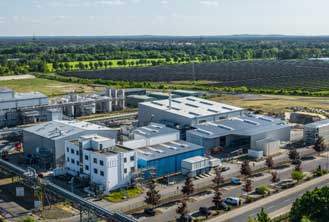
In other news, German chemical firm BASF says it has successfully started the commercial operation of its Black Mass plant in Schwarzheide, Germany. The facility represents a significant milestone for BASF’s battery recycling business. It is one of the biggest commercial Black Mass plants in Europe, with an annual processing capacity of up to 15,000 tonnes of end-of-life lithium-ion batteries and production scrap. This equals roughly 40,000 electric vehicle batteries per year.
The successful start of the commercial operation of this plant therefore marks an important step for the European battery industry since battery recycling is a key factor in increasing independence from primary raw material sources and meeting the ambitious requirements of circular economy policies.
Black mass production is a key step in the battery recycling process and is based on mechanical treatment of the batteries. The Black Mass contains high amounts of key metals used to produce cathode active materials (CAM): lithium, nickel, cobalt, and manganese. These valuable metals can be chemically recovered and used to produce new CAM, enabling circularity and reducing the carbon footprint compared to using only primary raw materials.
BASF’s offering in Europe covers all steps along the battery recycling value chain, from collecting end-of-life batteries and production scrap, discharging and dismantling, as well as Black Mass production and refining.
In addition to the new Black Mass production, BASF also operates in Schwarzheide Europe’s first fully automated CAM production, a prototype metal refinery for battery recycling, and one of Europe’s largest Black Mass storage facilities.
Subscribe to Get the Latest Updates from IMA Please click here
©2025 Injection Moulding Asia. All rights reserved.
